Code
HCS26637
Weight
80 Kg / 176.37 lbs
Size
Height
73cm (29") Width
48cm (19") Depth
57cm (22") Material
Copper
Availability
Available

Safe Payment
We accept Paypal, Money Transfer, Bank Transfer
Confidence
Protection covers your purchase and personal data.
Worldwide Delivery
We ship Worldwide, except Russia.Shipping cost US$25.2 for upto 0.5 kgs

Hotline
Talk to help line for your question on 9841267335Lost-Wax System
This Stupa And Altar of Buddhist Statue Of [maha Bhaudha Temple Mandir], [ready For Finishing] is made by the process of the Lost Wax system. This is a very complicated, time consuming and historic process of making metal sculptures.Which is why it is sometimes called Precision Casting as well. Hence the sculptures made by this process are comparatively expensive. There are many new, advanced and less time consuming methods of casting metal sculptures available as well. But due to the benefits provided by the traditional lost wax system in quality control and customization, we prefer the Loss wax system over Ceramic molding, or sand casting to make our Stupa And Altar.
Below we have tried to illustrate the process of making a loss wax system statue: Read More . . .
This Stupa And Altar of Buddhist Statue Of [maha Bhaudha Temple Mandir], [ready For Finishing] is made by the process of the Lost Wax system. This is a very complicated, time consuming and historic process of making metal sculptures.Which is why it is sometimes called Precision Casting as well. Hence the sculptures made by this process are comparatively expensive. There are many new, advanced and less time consuming methods of casting metal sculptures available as well. But due to the benefits provided by the traditional lost wax system in quality control and customization, we prefer the Loss wax system over Ceramic molding, or sand casting to make our Stupa And Altar.
Below we have tried to illustrate the process of making a loss wax system statue: Read More . . .
About Mahabuddha :
Mahabuddha sanctuary is committed to Siddhartha Gautama, the authentic Buddha. Its development was started by minister Abhaya Raj of Patan and an individual from the Uku Baha cloister (of which the Mahabuddha is currently a branch). The sanctuary is frequently called "the sanctuary of 1,000 Buddhas" in light of the fact that a Buddha picture is engraved on each block. Its sikhara is demonstrated in the Mahabodhi Sanctuary at Bodhgaya, India which Abhaya Raj visited and wished to copy. At the point when he got back to Nepal, he was introduced as a coinmaker by the ruler â a worthwhile activity â as his high-level of information on copper creation was popular. This might have furnished him with the monetary means to support the landmark.


![Buddhist Statue Of [maha Bhaudha Temple Mandir], [ready For Finishing]](https://handicraftseller.com/uploads/pics/product/thumb/2022/10/26637_1.jpg)
![Buddhist Statue Of [maha Bhaudha Temple Mandir], [ready For Finishing]](https://handicraftseller.com/uploads/pics/product/thumb/2022/10/26637_2.jpg)
![Buddhist Statue Of [maha Bhaudha Temple Mandir], [ready For Finishing]](https://handicraftseller.com/uploads/pics/product/thumb/2022/10/26637_3.jpg)
![Buddhist Statue Of [maha Bhaudha Temple Mandir], [ready For Finishing]](https://handicraftseller.com/uploads/pics/product/thumb/2022/10/26637_4.jpg)
![Buddhist Statue Of [maha Bhaudha Temple Mandir], [ready For Finishing]](https://handicraftseller.com/uploads/pics/product/thumb/2022/10/26637_5.jpg)
![Buddhist Statue Of [maha Bhaudha Temple Mandir], [ready For Finishing]](https://handicraftseller.com/uploads/pics/product/thumb/2022/10/26637.jpg)
![Buddhist Statue Of [maha Bhaudha Temple Mandir], [ready For Finishing]](https://handicraftseller.com/uploads/pics/product/thumb/2022/10/26637_0.jpg)


























































 Full Fire Gold Plated Deep Carving,
Full Fire Gold Plated Deep Carving, 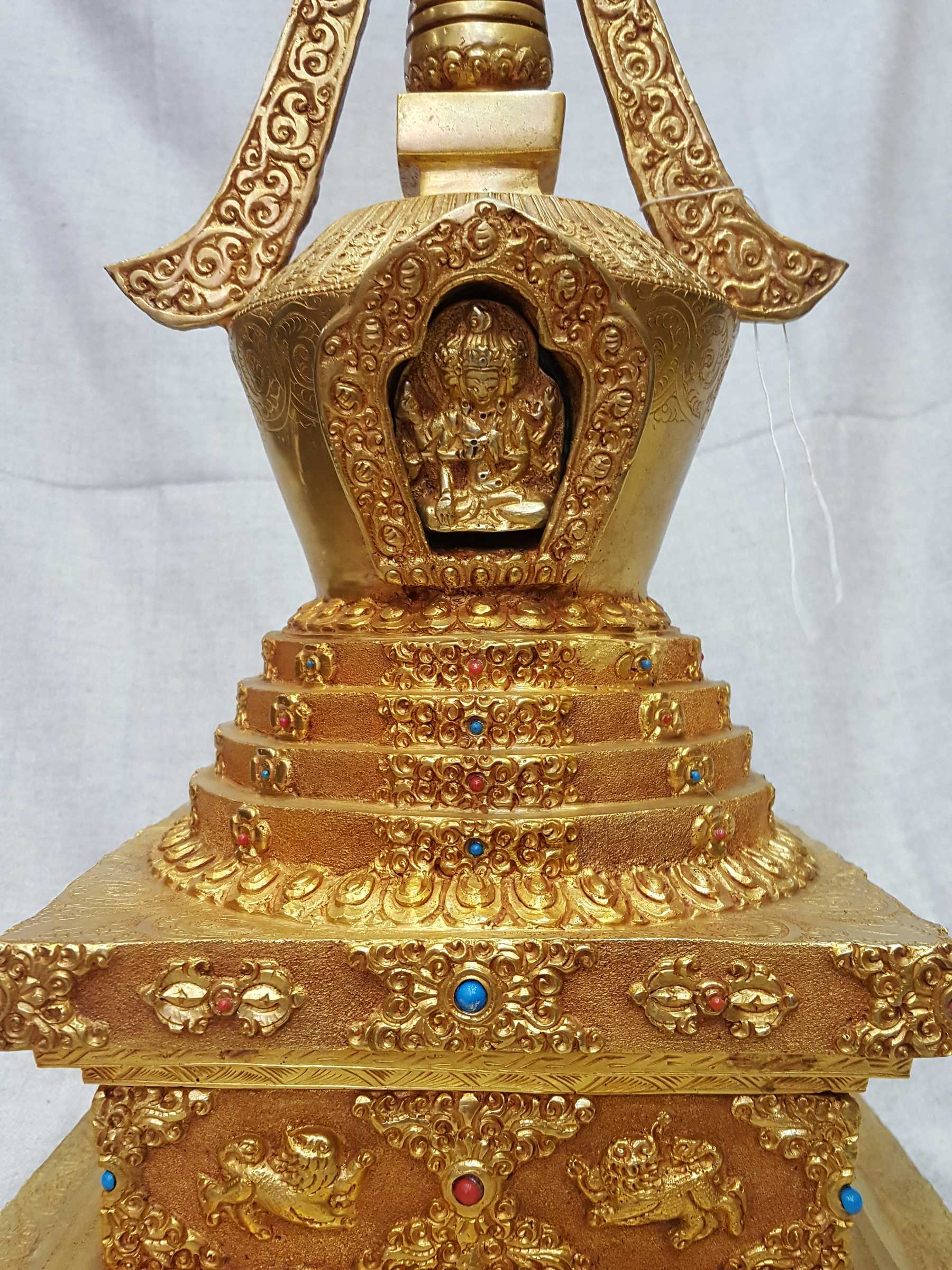 Full Fire Gold Plated Deep Carving,
Full Fire Gold Plated Deep Carving,  with
with 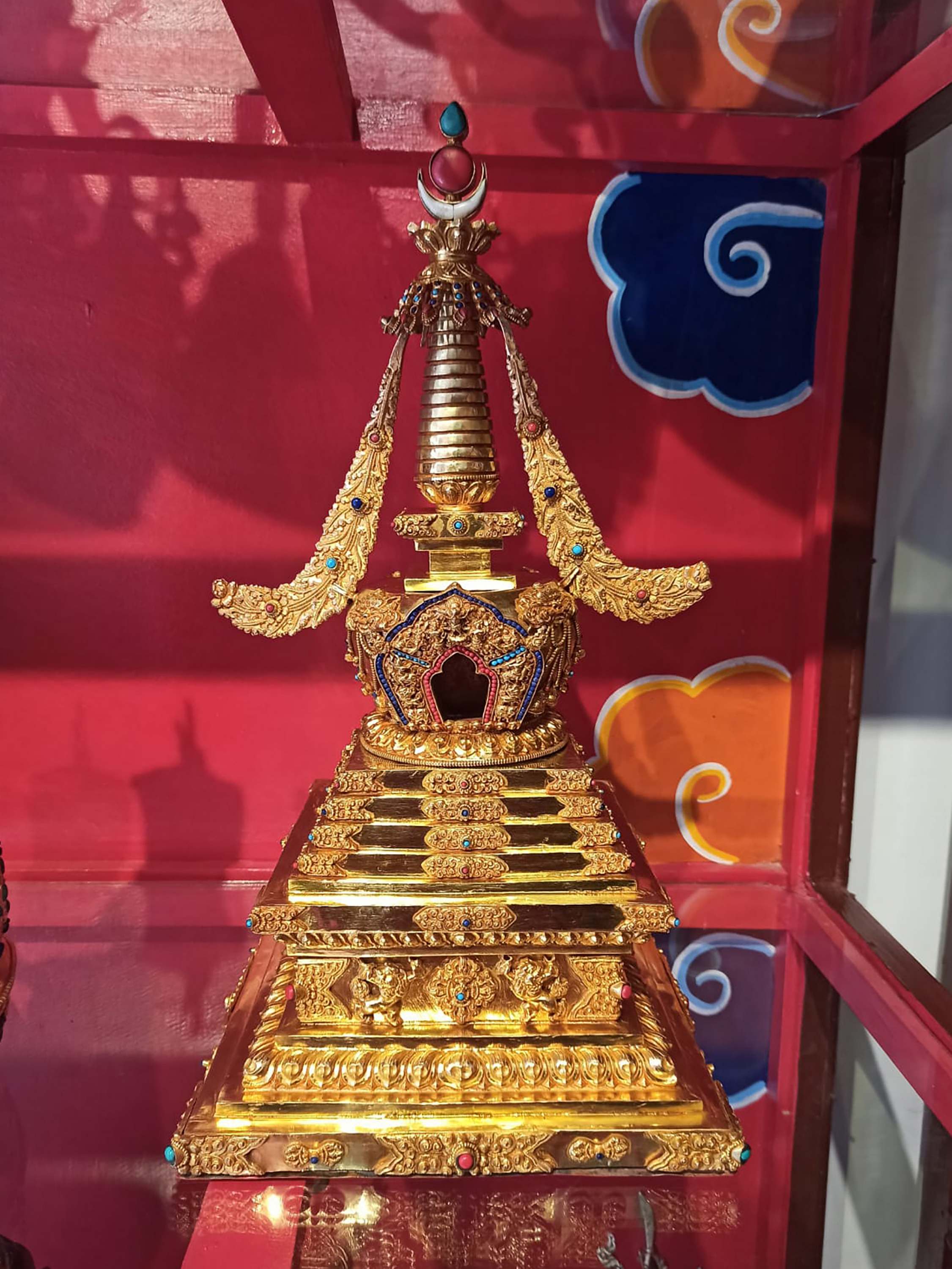 with
with  Full Fire Gold Plated, Antique Finishing" title="Buddhist Lotus Stupa Pepung Chorten,
Full Fire Gold Plated, Antique Finishing" title="Buddhist Lotus Stupa Pepung Chorten, 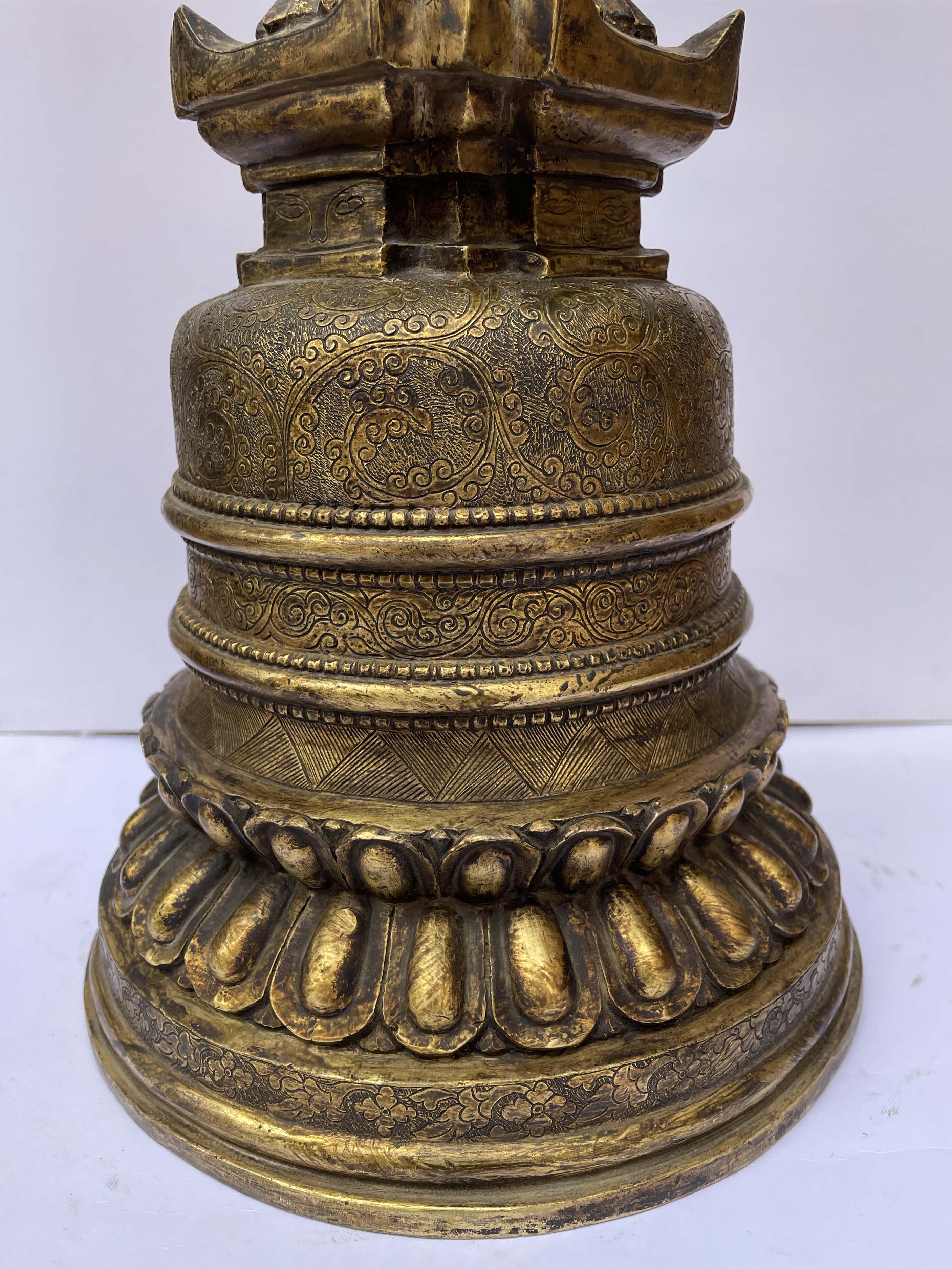 Full Fire Gold Plated, Antique Finishing" title="Buddhist Lotus Stupa Pepung Chorten,
Full Fire Gold Plated, Antique Finishing" title="Buddhist Lotus Stupa Pepung Chorten, 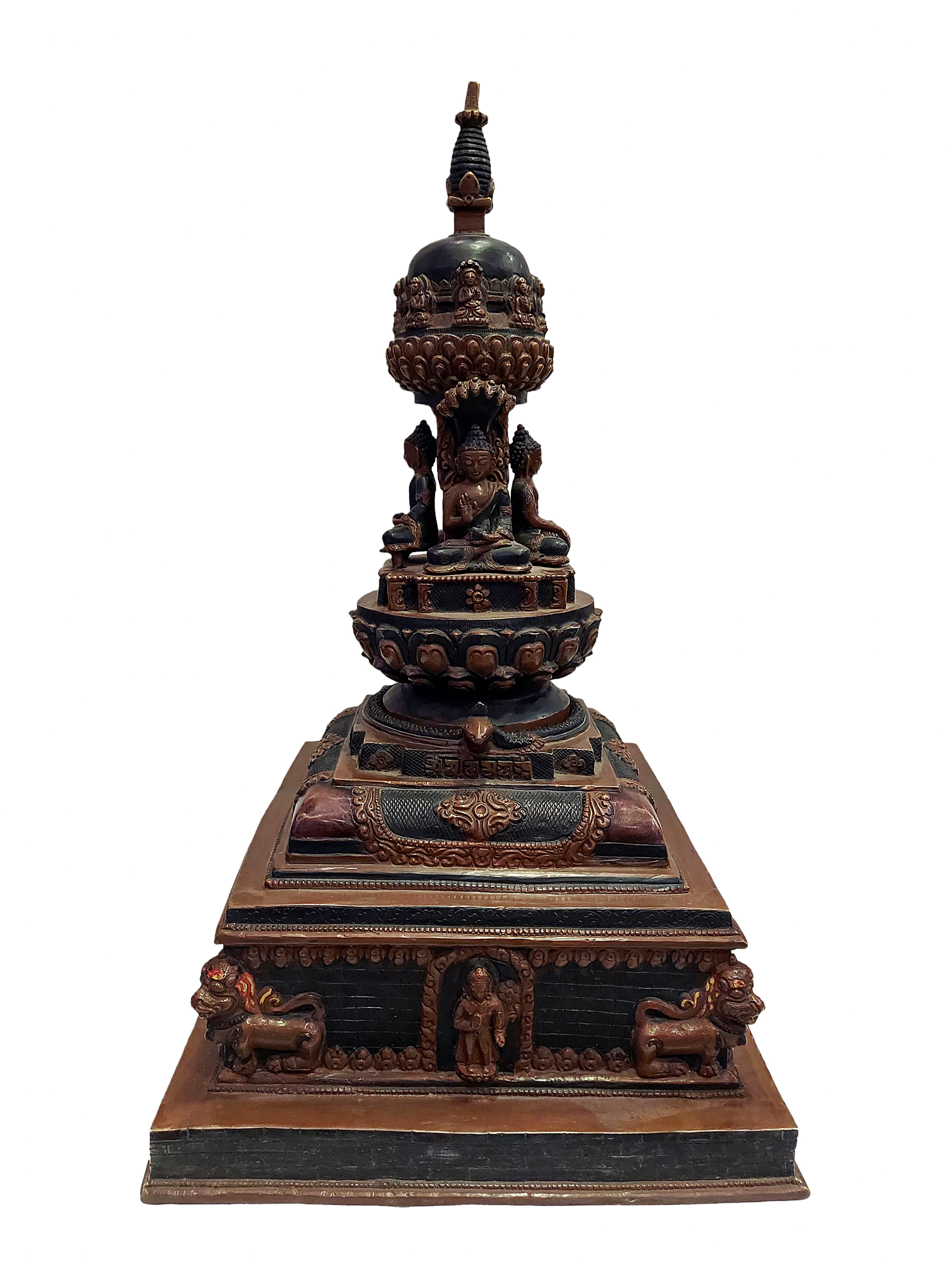 Old, Buddhist Handmade Statue
Old, Buddhist Handmade Statue 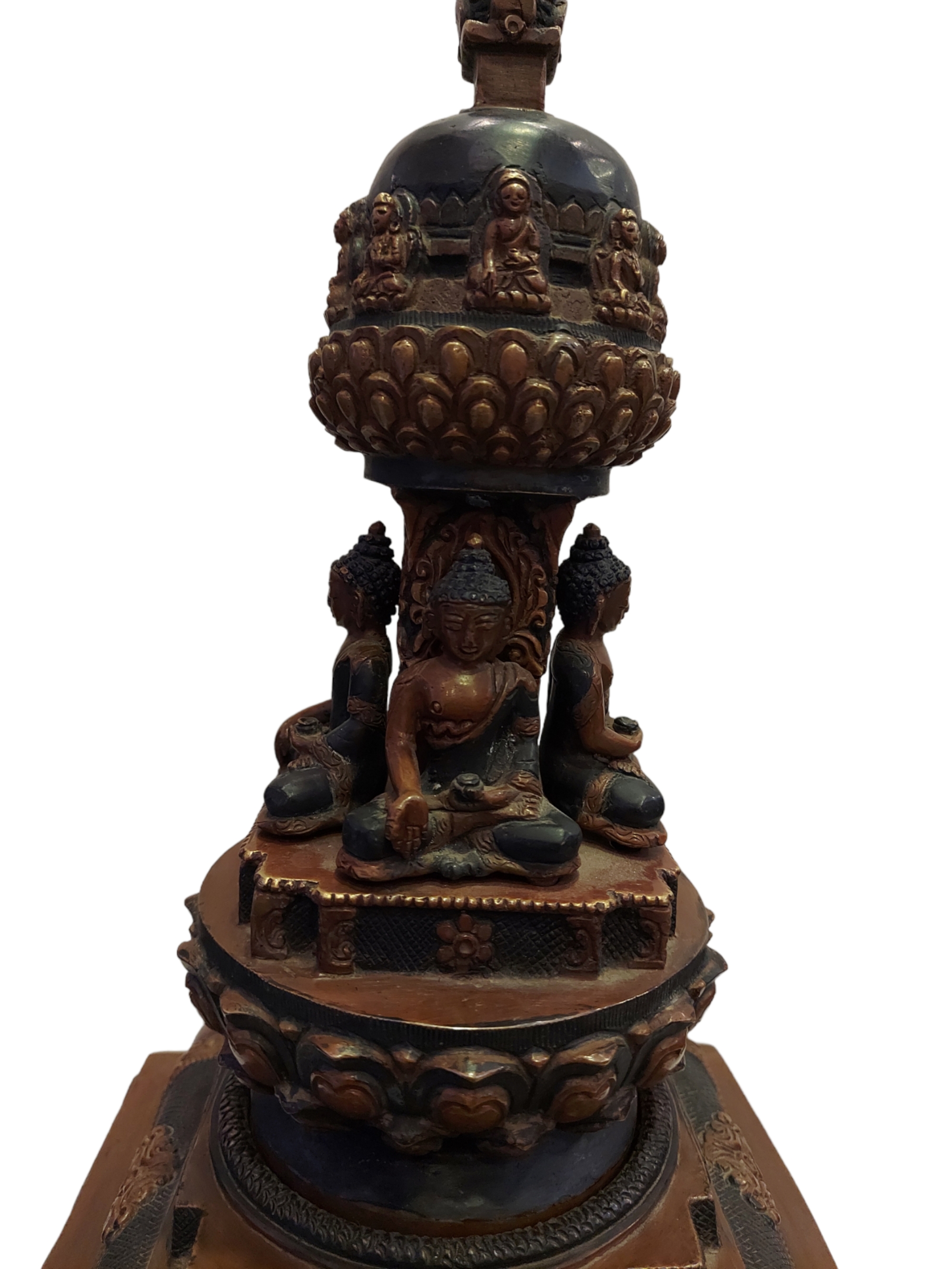 Old, Buddhist Handmade Statue
Old, Buddhist Handmade Statue 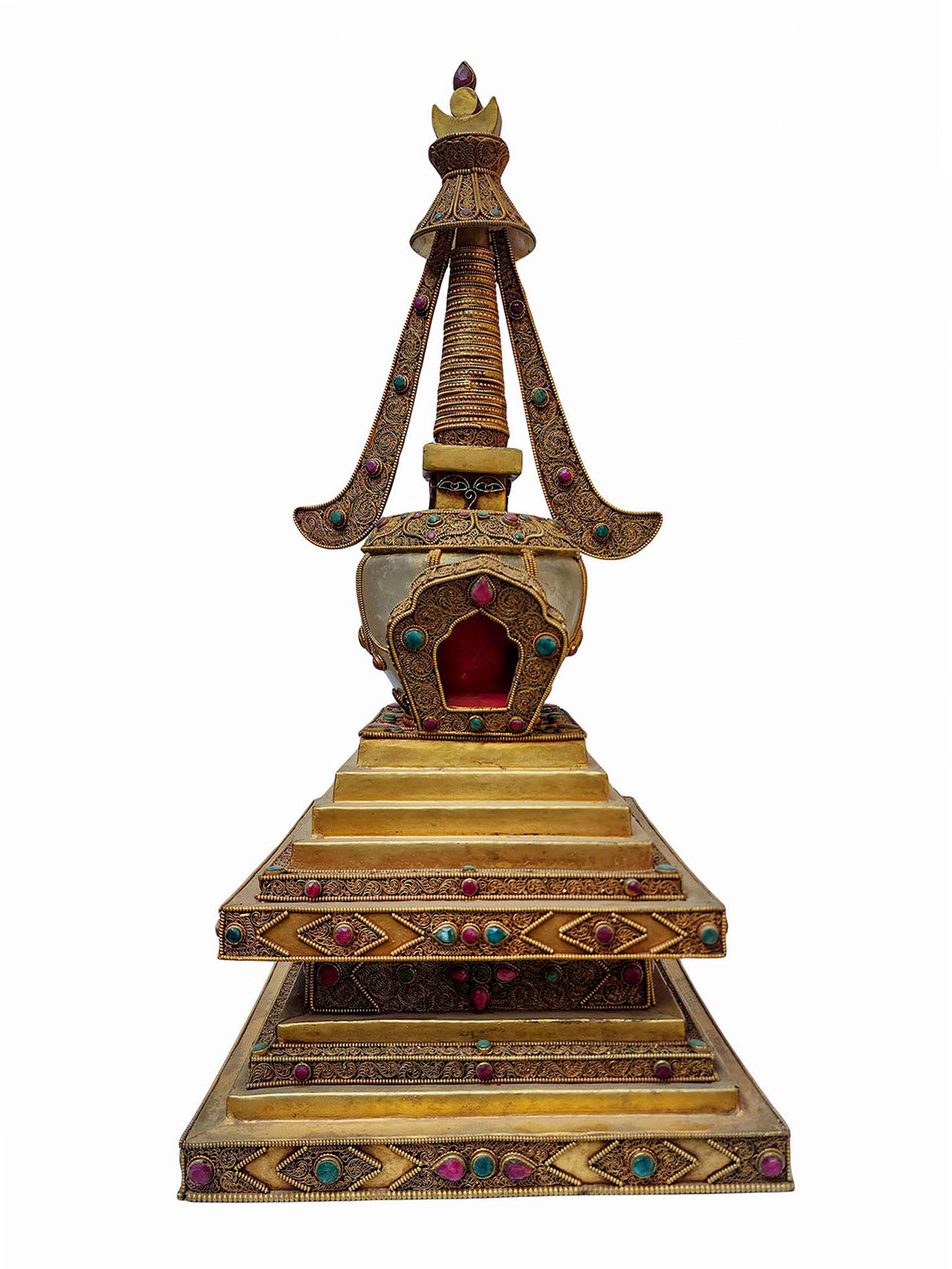 Stone Setting,
Stone Setting, 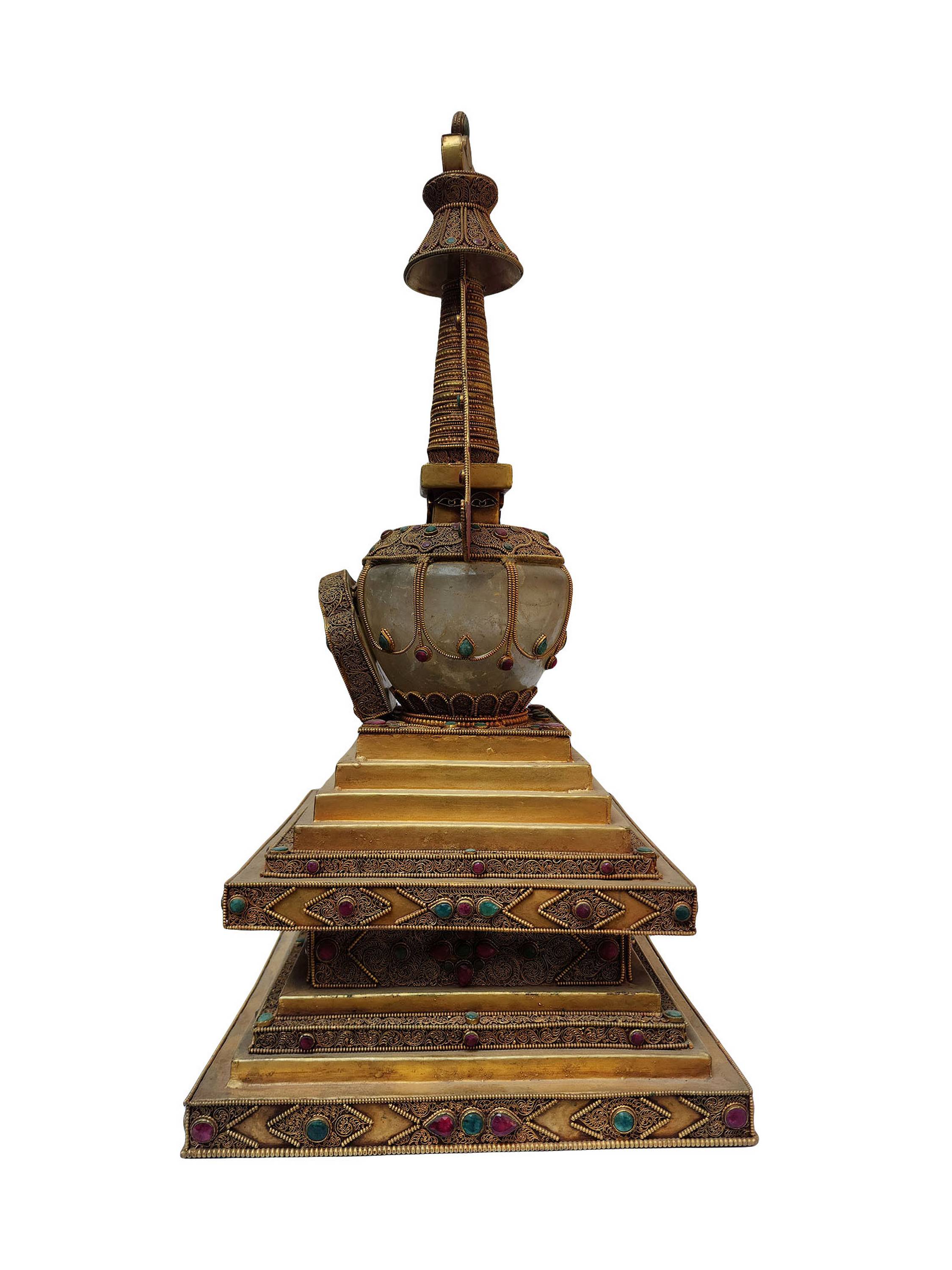 Stone Setting,
Stone Setting, 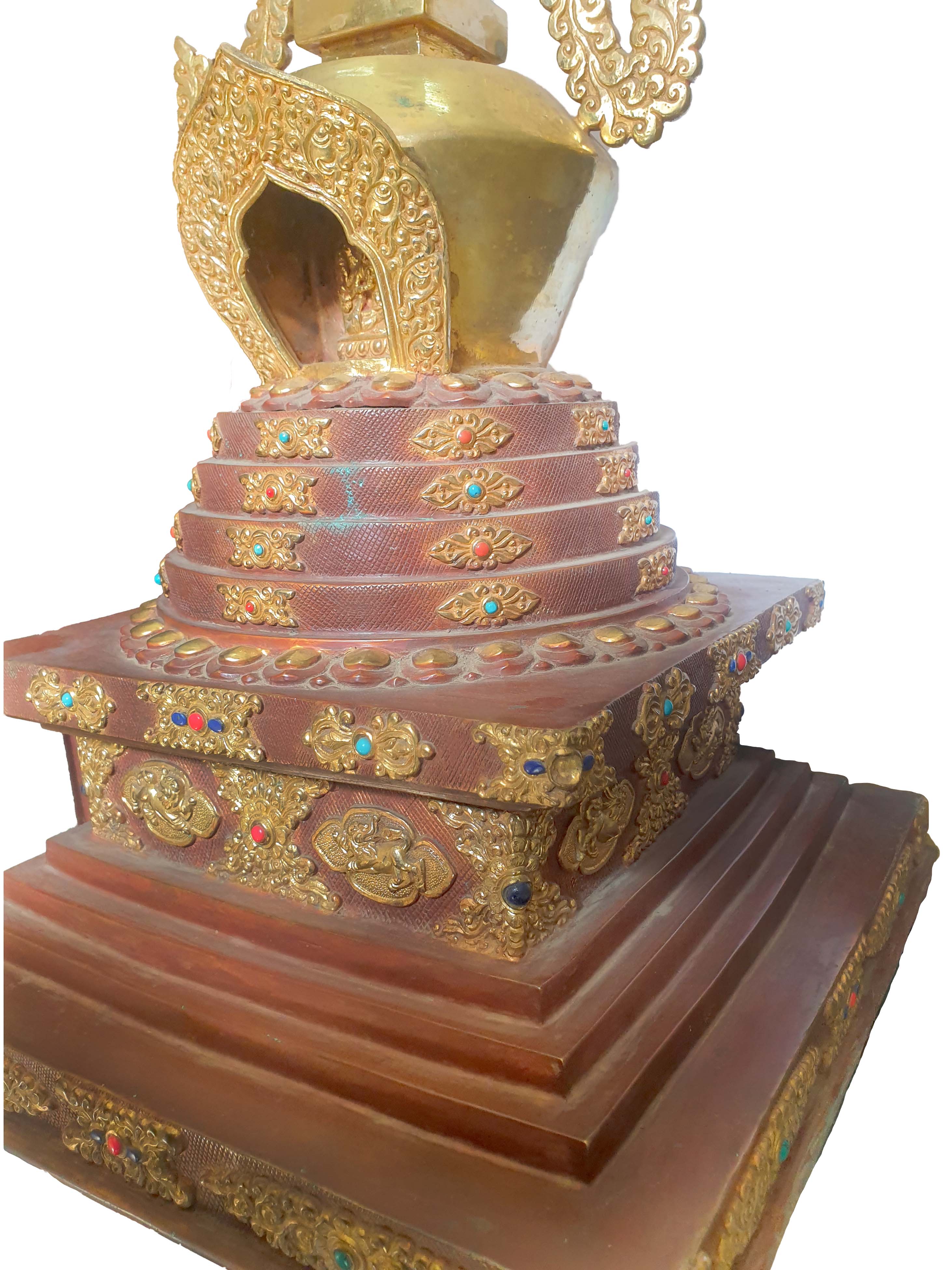 of Namangal Stupa,
of Namangal Stupa, 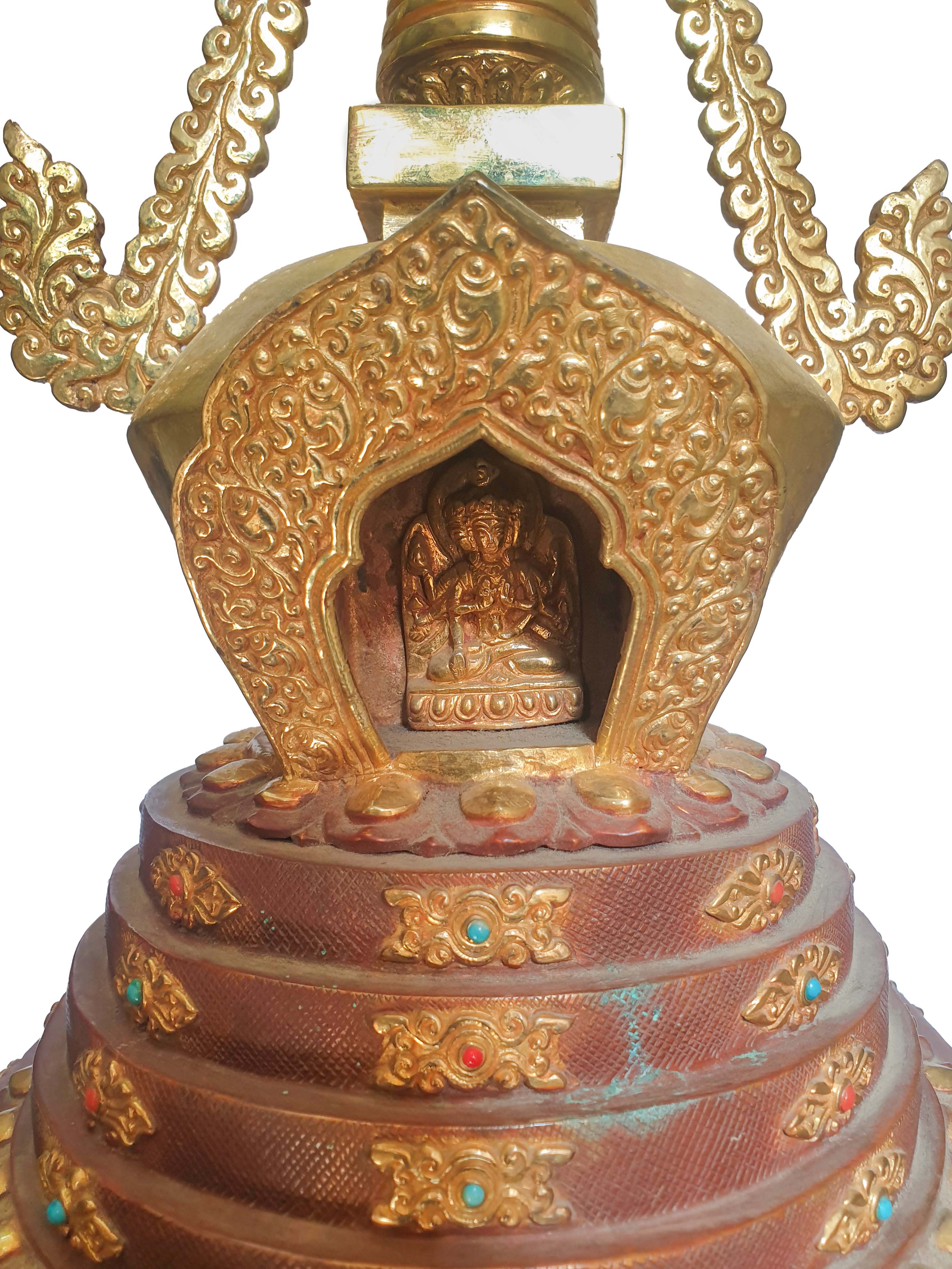 of Namangal Stupa,
of Namangal Stupa, 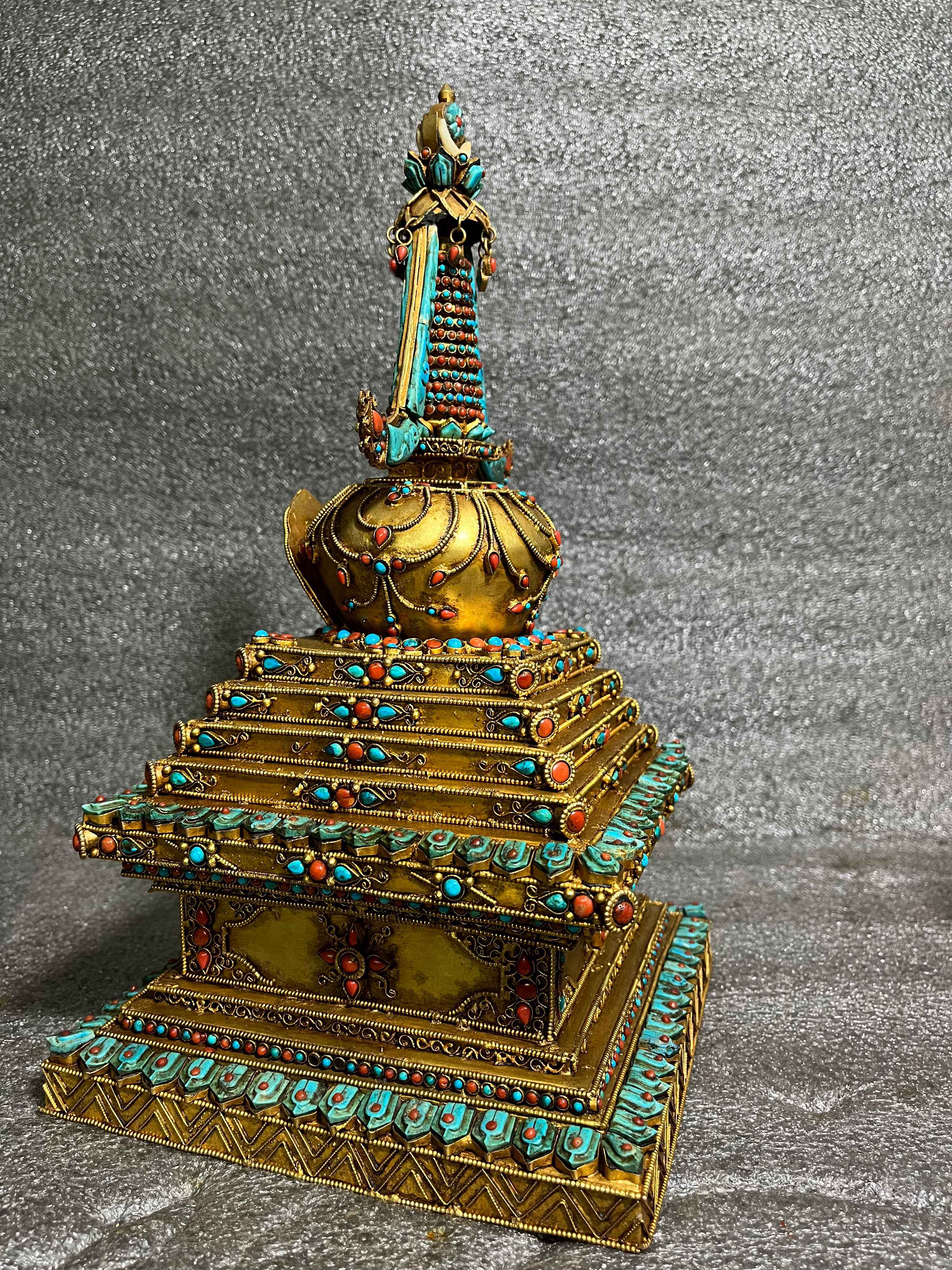 of Stupa,
of Stupa, 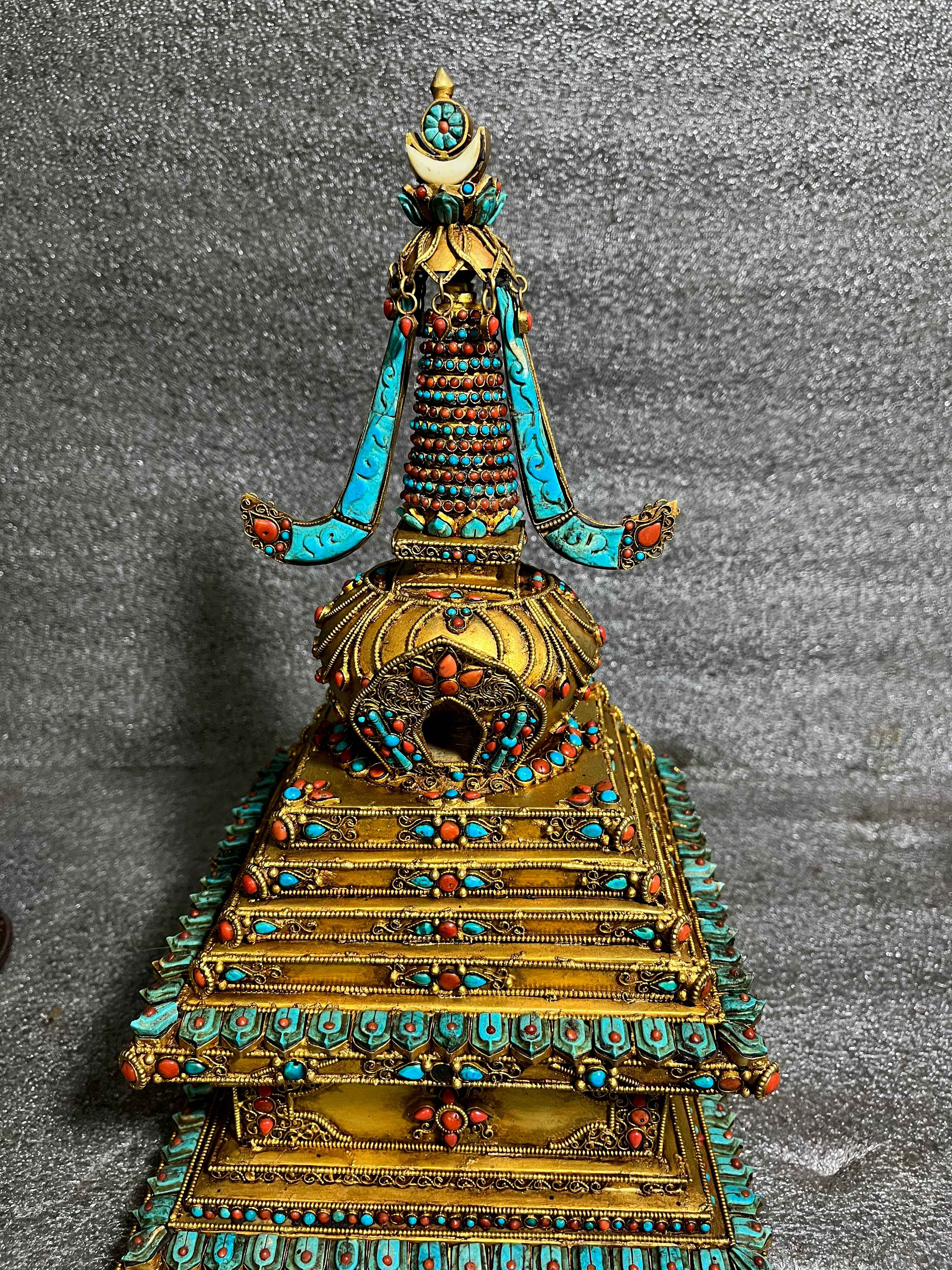 of Stupa,
of Stupa,  Old Post,
Old Post,  Old Post,
Old Post,